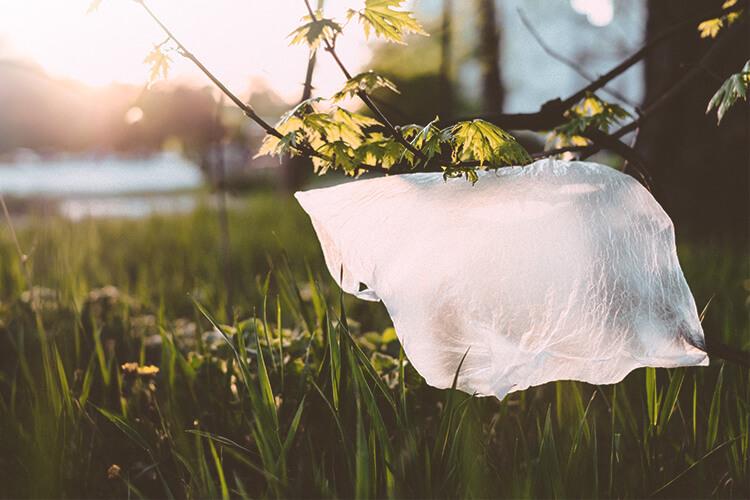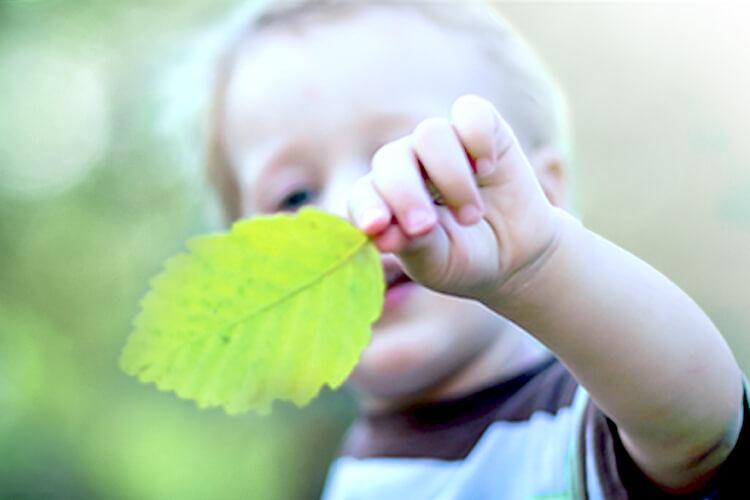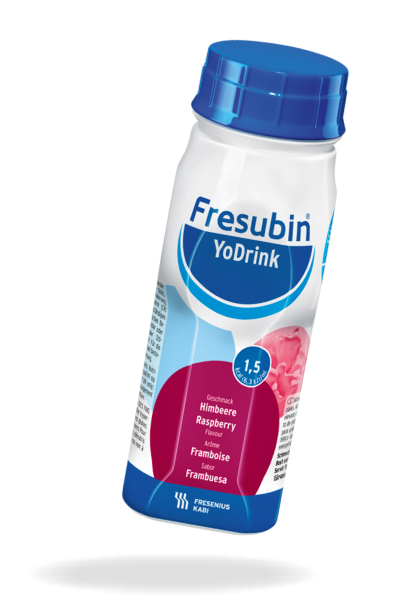5 facts on plastic waste
An estimated quantity of 8.3 billion tons of virgin plastics have been produced worldwide since the beginning of the use of plastic
Approximately 6.3 billion tons of plastic waste have been generated worldwide since then
According to experts, the oceans are expected to contain 1 ton of plastics for every 3 tons of fish by 2025 and even more plastics than fish (by weight) by 2050
Up to 500,000 tons of plastic waste enter the oceans each year in the EU
Plastic straws are in the top 10 of marine debris




